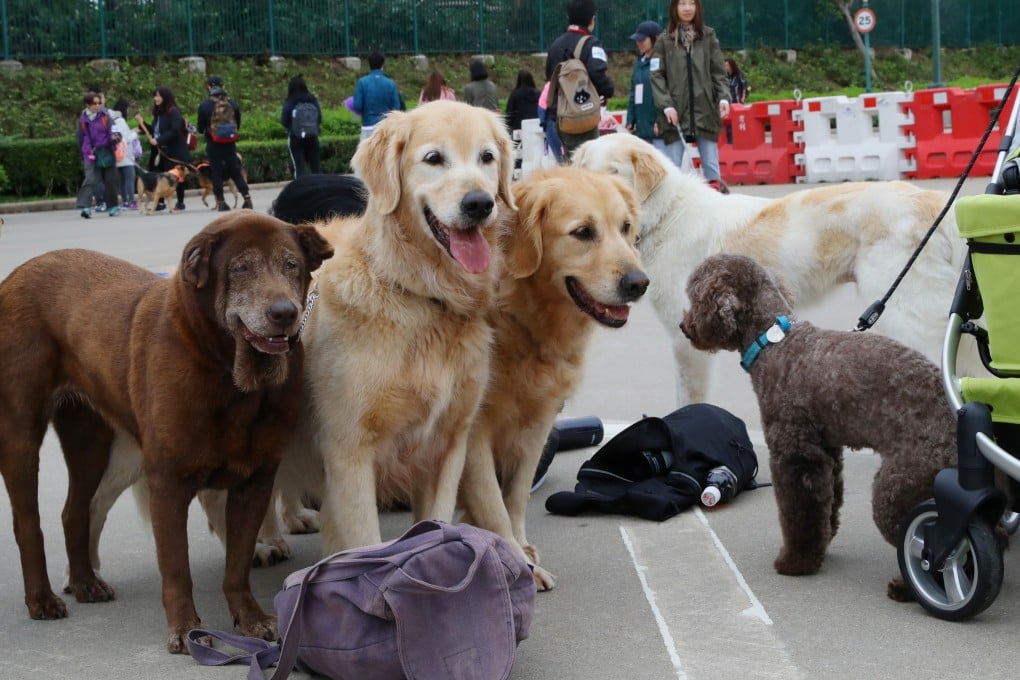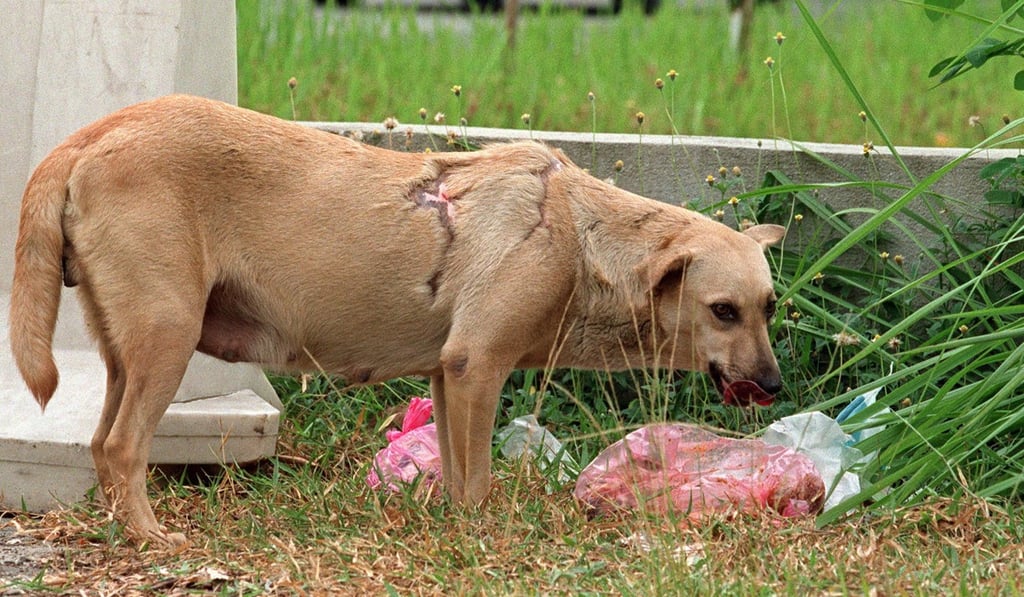Blowing Water | Compassion, not convenience: how Hong Kong can learn from Taiwan and Malaysia’s Ipoh in curbing stray dog population
- Southeast Asian city is a trailblazer for country in adopting more humane ways of handling strays, while self-ruled island has a no-kill policy
- One way to contribute towards improving the issue locally is: adopt, don’t shop

Many countries and cities have been trying to control or reduce their street dog population by culling them.
Some beat them to death with sticks, some drown or electrocute them, while others even use carbon monoxide, which causes a slow and painful death.
As shocking as it might sound, in Malaysia shooting stray dogs is a standard operating procedure to control their population. Street dogs are often shot on the spot and this seems widely acceptable in a country that considers dogs to be an unclean animal.
Even the simple gesture of touching a dog is forbidden in many conservative Muslim countries, such as Malaysia. Conservative Islamic groups follow the view that canines are unclean and those who have come into contact with them need to undergo a ritualistic wash.

But something incredible happened recently that changed public perception and the government’s long-held approach in this area.
